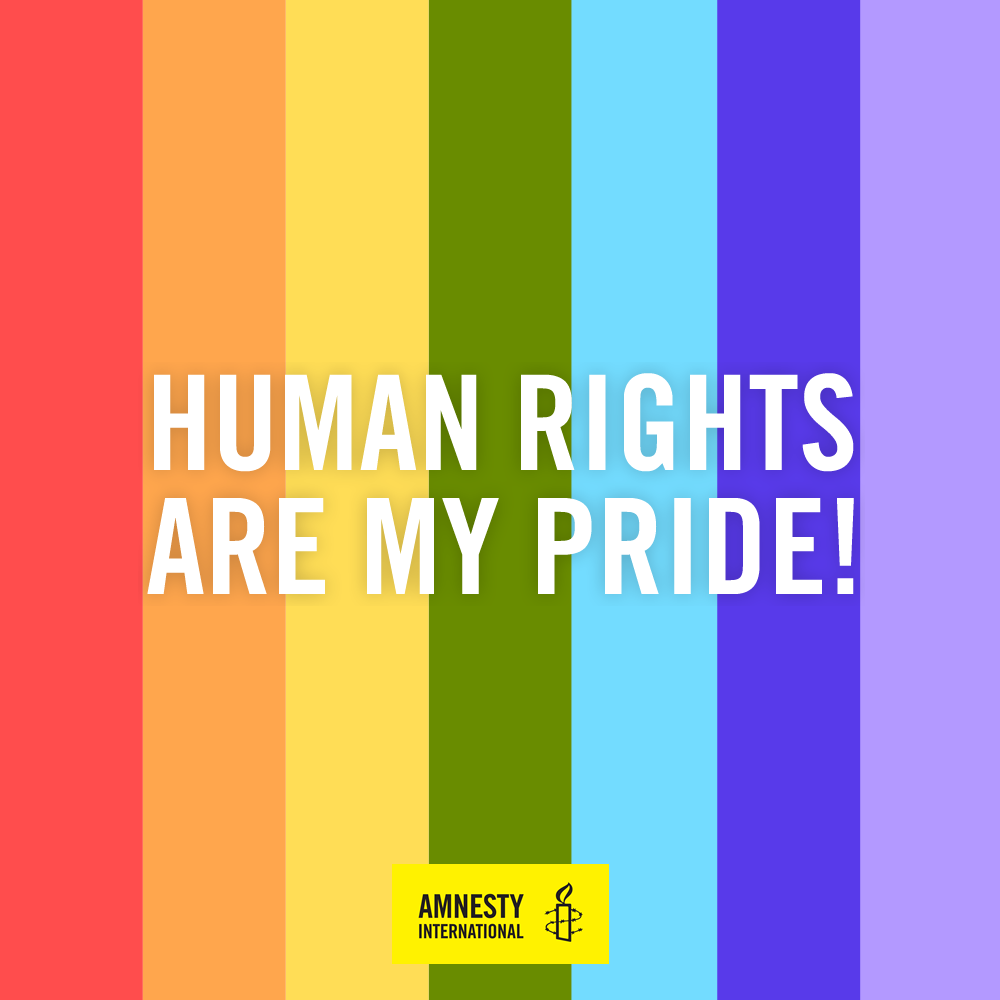January 7th marked an important moment for LGBTQ2S rights in Canada when the federal ban on conversion therapy officially came into effect. After years of advocacy from survivors and activists, Bill C-4 made it illegal to promote, advertise, benefit from, or subject another person to this harmful practice. This historic win represents another gain for LGBTQ2S individuals in Canada and further shapes the country’s intersectional focus on the community.
The federal government’s commitment of $100 million spread over the next five years to support the implementation of the forthcoming National LGBTQ2 Action Plan under Women and Gender Equality (WAGE) is a strong step forward for the LGBTQ2S community. This dedicated funding will not only respond to the continued health, social, and economic inequities faced by LGBTQ2S individuals, it will also directly provide much needed support to LGBTQ2S-led community organizations in Canada.
While signaling a greater equitable landscape in the country, missing from this year’s federal budget was the inclusion of a special ambassador for global LGBTI rights whose role would be to lead this international effort. At a time when the world is enduring multiple ongoing conflicts, the safety and security of LGBTI communities is compromised and its members, and especially, activists, experience increased vulnerabilities. International support for LGBTI rights becomes critical, and in Ukraine, the conflict situation has made it life threatening for LGBTI people to stay in the country and has brought the future of LGBTI rights at risk. People fleeing externally aren’t necessarily being welcomed by LGBTI-supportive countries, presenting additional safety challenges. Meanwhile, racialized refugees in Ukraine who have not had the same access to resettlement (for example, over 300 Afghan LGBTI refugees are still waiting to be relocated after having fled to Ukraine following the Taliban takeover last August). Many relocation measures are limited to Ukrainian nationals meaning that non-nationals who are residents are not getting access to the same support.
Canada has pledged an additional $100 million in humanitarian aid and Amnesty, together with many partner organizations, released a letter calling on the government to ensure that the aid would be inclusive of LGBTI communities, especially whose organizations are not all equipped for the long-term. There are mounting concerns over shortages and a lack of access to treatments for those with HIV and hormone replacement therapies for transgender and intersex people. The provision of these medications is unfairly de-prioritized for larger humanitarian organizations.
In Afghanistan, the situation for LGBTI individuals is life threatening, where same-sex relations have been criminalized since 2018 and especially after the Taliban offensive in August 2021. Reports have emerged of the precarity under which LGBTI people are now living in Afghanistan, with many afraid to reveal their sexual orientation to anyone, fearing being found by the Taliban. Significantly, while the Taliban has made verbal overtures (and albeit failed promises) to protect women’s rights, they have made zero mention of protecting the rights of LGBTI people.
Take Action for Pride Season
Tweet or amplify this letter to the government to ensure that international humanitarian aid is inclusive of LGBTI communities in conflict situations.
We call on the Canadian government to ensure support for Ukraine's LGBTQI communities, whose members and especially, activists, are experiencing increased vulnerability and challenges admist the ongoing conflict. @HarjitSajjan #Ukraine #LGBTQI https://t.co/CmG5aHZdUZ
— AI Canada Gender Rights (@AI_Genderrights) March 23, 2022
Pride and Indigenous History Month Guest Essay Series
Amnesty International has curated a series of guest essays directly from the perspectives of community activists and leaders of queer-led and Indigenous-led organizations. Throughout June, we’ve shared different written pieces that highlight various human rights issues affecting both LGBTQ2S and Indigenous communities, taking both an informative and intersectional look at the following topics:
- On Intersectionality, Access to Justice, and Walking Between Worlds, by Benjamin Vandorpe, Founder, JusticeTrans, on the decolonization and the current barriers to justice for Two Spirit, trans, and gender non-conforming individuals.
- LGBTQI+ Afghans Need a Safe Way Out by Kimahli Powell, Executive Director, Rainbow Railroad, on the challenges of displacement for LGBTQI+ Afghans.
- Industry, Police, and MMIWG2S in Wet’suwet’en Yintah by Jennifer Wickham, on the gendered impacts of resource development and the actions of the RCMP in the Wetsuwet’en territory.
- Indigenous Women, Girls and Gender-Diverse People Are Humans With Rights by Lynne Groulx, CEO, Native Women’s Association of Canada, on the continued systemic barriers towards ending violence against Indigenous women and girls.
- Epimotew Tastawayik Niso Askiya – Walking in Two Worlds by Rachel Wuttunee, who shares her personal and professional insights as an Indigenous Community Planner.
- Queer/Muslim/Canadian by Momin Rahman, who writes about the lived experiences of queer Muslims and the intersections of Islamophobia and homophobia.
As protocols over the pandemic continue to be monitored and planning for in-person gatherings are underway, this page will be updated with more Pride programming for 2022. Please check back for more updates and actions.
Follow us!
Follow us on Instagram and Twitter where we regularly post information about LGBTI rights. We will post Amnesty-specific news and actions on our webpage throughout Pride season.





















